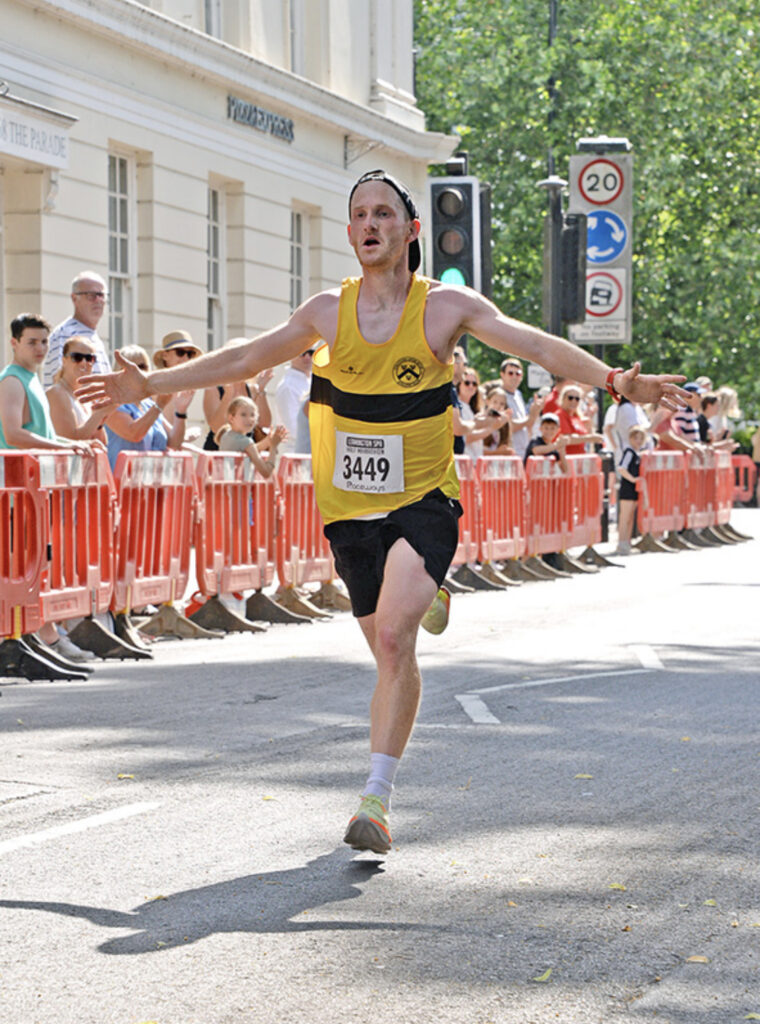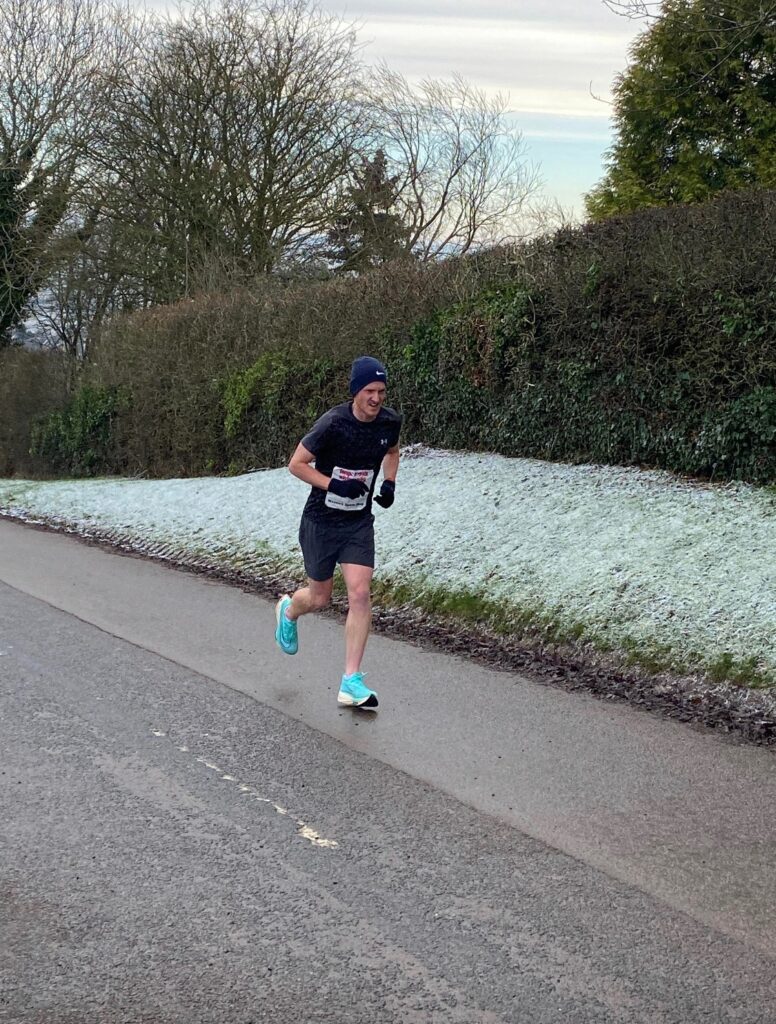Take a trip to the Holyland with likeminded singles

Group holidays for singles are a great option for individuals who want to travel and socialise with like-minded people while enjoying the benefits of group travel. We organise trips specifically for solo travellers.
Here are some reasons why you might consider joining a group holiday for singles:
Social Interaction: Group holidays provide an excellent opportunity to meet and connect with other solo travellers who share similar interests and passions. It can alleviate the potential loneliness of solo travel.
Safety and Comfort: Traveling in a group can provide a sense of security, especially if you’re concerned about safety in a new destination. You can rely on the group for support and assistance.
Expert Guidance: Our group tours are led by experienced guides or tour operators who are knowledgeable about the destination. This can enhance your travel experience by ensuring you see the best sights and engage in unique activities.
Structured Itinerary: Our group trips have a well-planned itinerary that covers the key attractions and activities in a destination. This can save you the time and effort required to plan your own trip.
Shared Costs: Group tours include accommodation and transportation which can be cost-effective compared to planning an individual trip.
Solo-Friendly Accommodations: Group tours for singles often arrange accommodations that are suitable for solo travellers, such as single rooms without a single supplement.
Cultural Immersion: Our group trips focus on cultural experiences and interactions with locals, providing a deeper understanding of the destination
- Reduced Planning Stress: If you prefer not to deal with the logistics and planning of a trip, joining a group tour with us can relieve you of these responsibilities.


